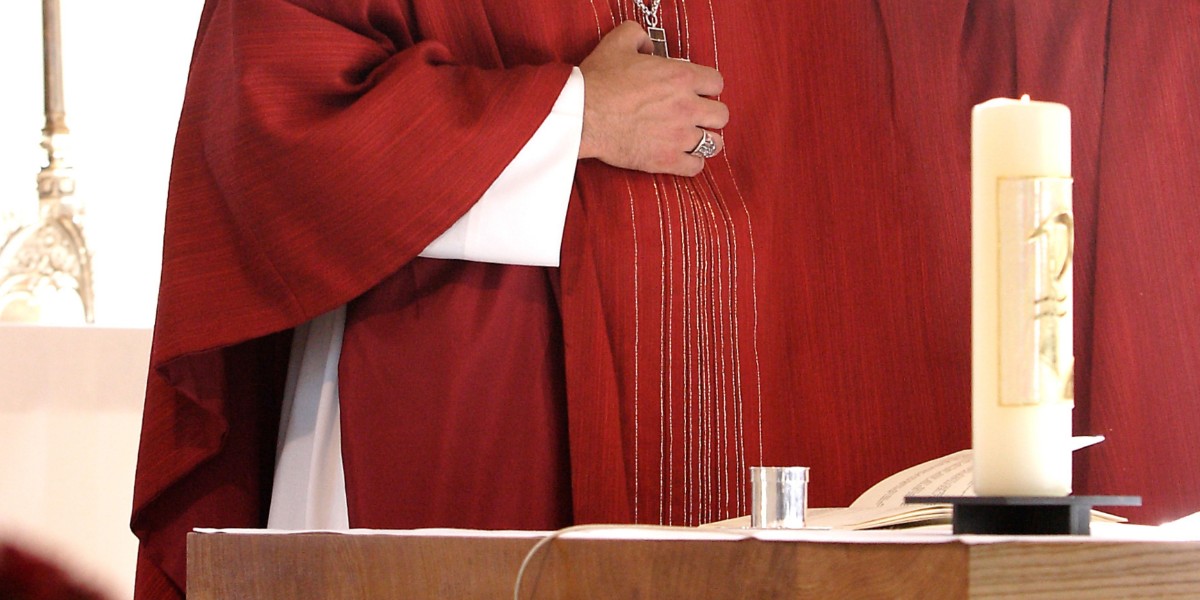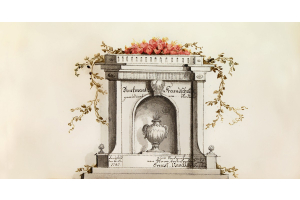
 |
The passing of a Catholic Bishop often gains attention by the media. So when Bishop Michael Evans succumbed to prostate cancer in a hospital on July 11th, at the age of 59, there was certainly media hype. But the talk was mostly about his cremation. That’s right; Evans is the first Catholic leader we know of to choose cremation over interment for no other reason other than that he wished it. No slouch religiously, Evans was the third bishop of East Anglia, previously parish priest at St Augustine’s in Tunbridge Wells, Kent, and ordained as priest for the Archdiocese of Southwark in 1975. He spent two years as assistant priest at St Elizabeth’s in Richmond, Surrey, and was a dedicated patron of the Catholic Grandparents Association. It was this association that ‘spilled the beans’ about the holy man’s decision. |
A statement made by the Catholic Grandparents Association made it clear that the Bishop’s committal was to be held prior to cremation at the City’s Crematorium. This statement included dates, times, locations, even parking directions for visitors. With the Catholic Church’s obvious advocacy of traditional burial, it’s surprising that the Bishop made this choice, and not surprising that the news didn’t spread far. The Church once spurned cremation as a pagan practice, and made no official statement regarding the Bishop’s decision. Cremation is considered contrary to the Christian belief in the resurrection of the body and immortality of the soul. Yet, unable to deny the power of God to resurrect a pile of ashes as easily as a spoiled corpse, the church acquiesced to cremation in 1969.
Below are a few stipulations the Church places on cremation:
1.) The ashes may never be scattered, but kept together in their entirety.
2.) The ashes must remain in a “worthy vessel.”
3.) Cremation must not be performed for reasons contrary to the Christian teaching. (As in to deny the resurrection.)
4.) The ashes must be interred in a cemetery or stored at a columbarium (a church location designed to store and display urns), not kept in the family home or distributed among relatives and friends.
The ordained are generally expected to uphold the tradition of burial, and convince their flocks of the value of this practice. A baptized person’s body is anointed with the seal of the Holy Trinity and considered a temple of the Holy Spirit. The burning of this vessel is not seen as respectful. It’s also generally accepted that were a person, especially a priest or bishop, to be canonized (considered a saint) then their earthly remains would be exhumed for reverence and the collection of relics.
It must be assumed that Bishop Evans carefully considered his choice, involving much prayer and careful thought. He also would have made his wishes well known, and no doubt fell under a controversial eye or two. He is said to have casually mentioned wanting to be cremated and even blessed his own Cathedral’s columbarium. As available land area for cemeteries dwindles and economic concerns become urgent for most families, it’s not surprising that a call for relaxation of Church attitudes toward cremation has been heard. We may not see an uprising of crematoriums in Rome anytime soon, but as new attitudes are expressed and embraced by more and more people, we may not be shocked by the end-of-life choices people make, whether that person is a pauper or a Pope.





